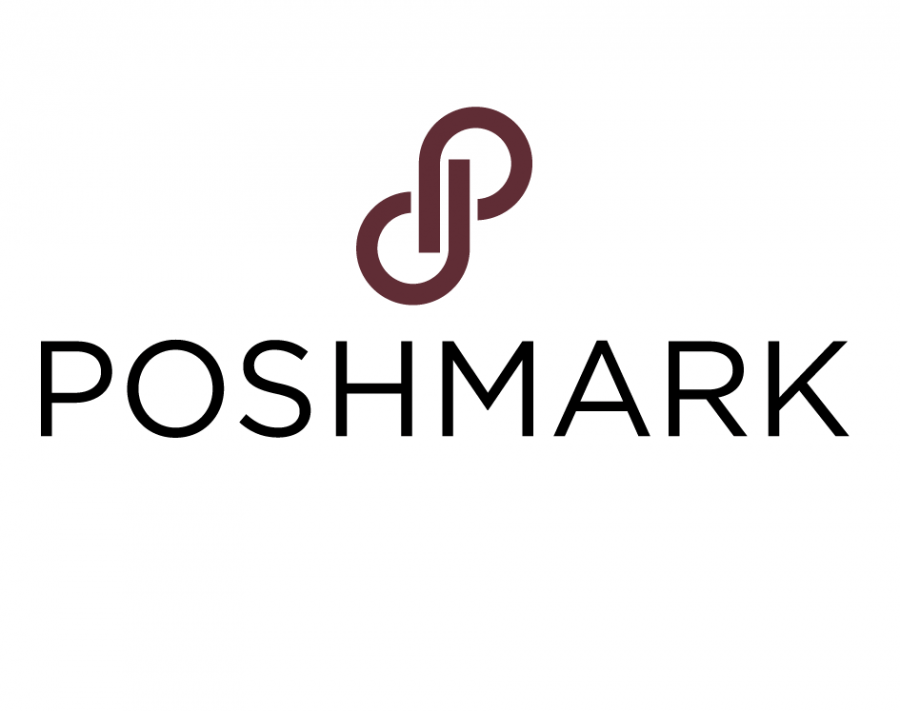Slow Fashion: A Sustainable Solution
A sustainable solution to Fast Fashion, members of Students for Environmental Action (SEA) encouraged students to lower their environmental impact by buying and reselling clothes on websites such as Poshmark.
Colgate’s oldest green group on campus, Students for Environment Action (SEA), strives to spread environmental awareness and promote activism within the Colgate community through events such as fundraisers, workshops and information sessions. On Thursday, March 20, the first of four Smart Consumption Workshop Series events was held in Lathrop 207. Students filled the lecture room, eager to learn from SEA through an interactive lesson on how spending responsibly is a key component of living a sustainable lifestyle.
The event was co-led by junior and SEA President Kate Hinsche, and sophomores Victoria Basulto, Jaanvi Sachdeva and Christina Weiler. Hinsche emphasized that smart and conscious consumption is a path to fight- ing environmental degradation and climate change on an individual level. She began by exploring how fashion is the second largest polluting industry in the world, second only to the fossil fuel industry. Slow fashion is defined as clothing with low environmental impact in production, distribution and disposal phases. It is designed to last a lifetime, made with sustainable materials and compostable upon end of use. Hinsche and Weiler emphasized the differences between the former and fast fashion, or cheap clothing produced with high human and environmental costs, designed to last only through seasonal trends and ultimately end up in a landfill.
Weiler discussed the story behind fast fashion, citing industrialization and globalization as key processes that ushered in the era of cheap factory labor and low transportation costs. Today, many of the large global fashion brands are attracted to the market demand of fast fashion trends, which further fuels the cycle of increased consumerism.
“The goal of this workshop was to make sustainable choices more accessible to students at Colgate, and to demonstrate how easy, simple and fun reducing the impact of our wardrobe can be on the environment,” Weiler said.
Basulto continued by explaining the common malpractices of fast fashion, such as outsourced labor, the reliance on cheap or low quality materials and planned obsolescence. Planned obsolescence entails product design that aims for short-term wear and favors poor fabric quality, which leads to clothes that fall apart over a short period of time. This ultimately forces consumers back to the store to purchase more cheap and unsustainable clothing items, further fueling the fast fashion industry. Slow fashion directly changes this by influencing market demand for slow, ethical fashion through our consumer purchases; imagine every dollar spent on thrifted clothes or ethical clothing as a vote for slow fashion.
Sachdeva offered solutions to slow down your closet, including shopping less, finding more sustainable clothing brands, purchasing second-hand and finding apps to sell or purchase clothing secondhand, such as Poshmark, ThredUp, letgo and Depop. Popular sustainable brands include H&M Conscious, Patagonia, Everlane RENEW, Will’s Vegan Shoes and Reformation. The next time you are looking for a sustainable brand, you could ask yourself: What is this item made of, where was it made and whose hands made this? These questions can help you identify whether or not your clothing or fabric was made ethically or sourced from a sustainable brand.
“I learned about different options for sustainable brands and thrift stores in the area. It was cool to see that there was a community interested in slow fashion right here on Colgate’s campus,” junior Claire Carson said.
Hinsche suggested some options for second-hand shopping near Colgate, such as the Colgate Buy + Sell Facebook page, Bargain Basket in Earlville and Worn Again Clothing Shop in Perry’s.
SEA will continue to host events throughout the semester. The Smart Consumption Workshop Series returns next Thursday, March 28 with a session titled “Greening Your Bathroom.” On April 4, the topic is “Eating as Activism,” and the final Smart Consumption workshop is “Sustainable Investing” on April 11. All events will be held in Lathrop 207 at 2:15 p.m.
Contact Caylea Barone at [email protected].
Caylea Barone is a senior from LaGrangeville, New York concentrating in environmental studies and art and art history with an emphasis in studio art. She...




